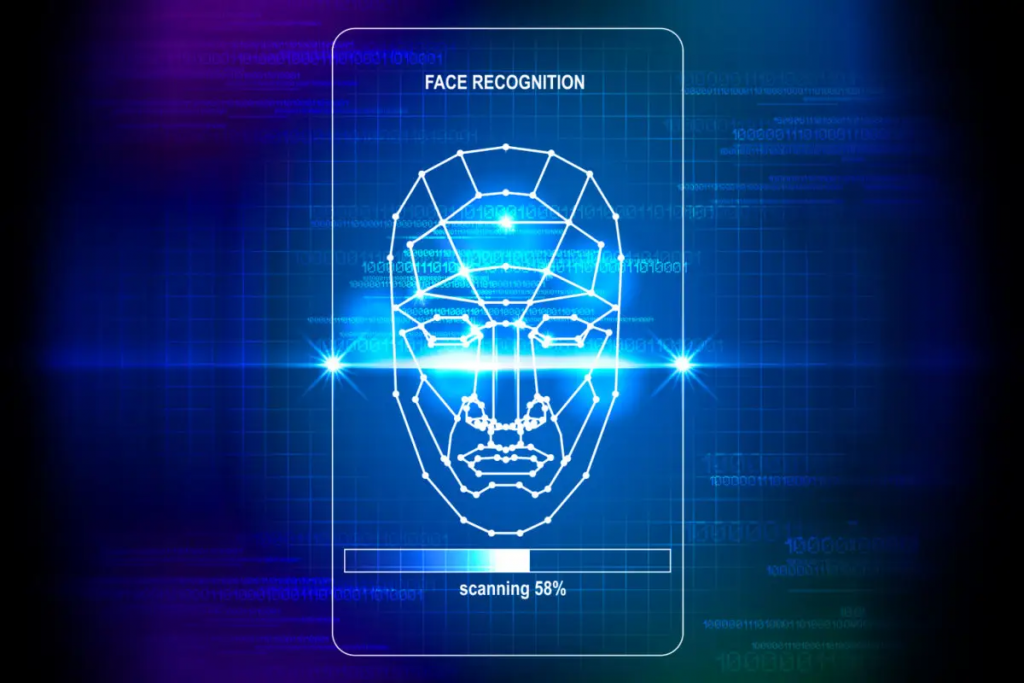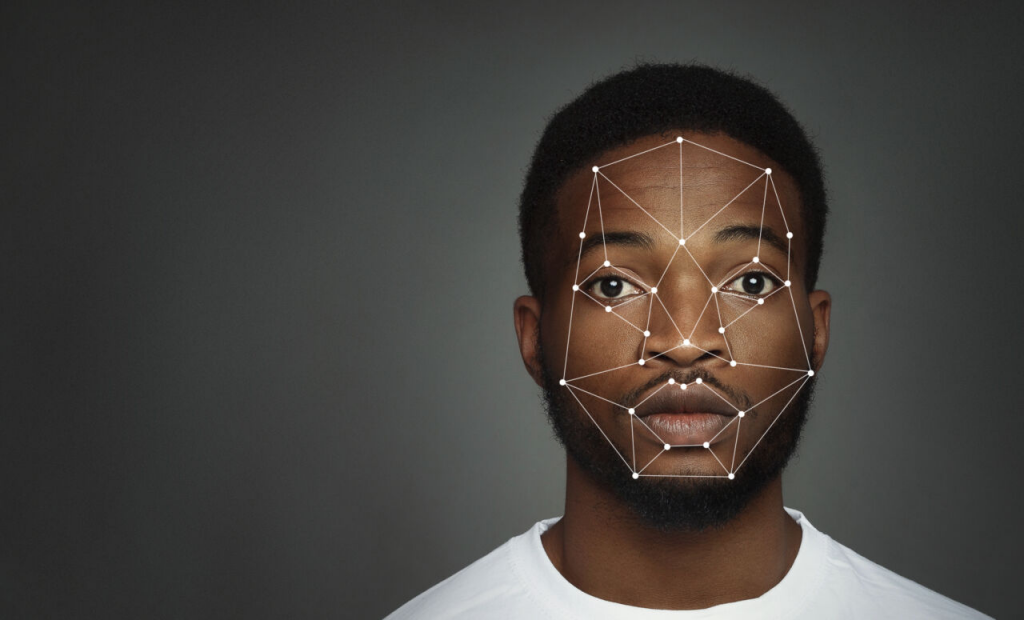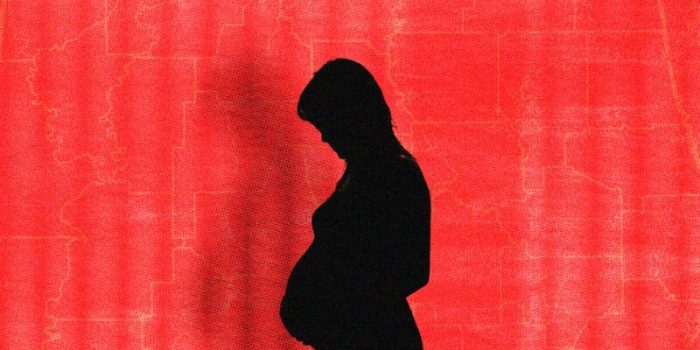Law enforcement’s controversial use of facial recognition technology has again come under scrutiny as a pregnant woman, Porcha Woodruff, was falsely arrested for robbery and carjacking in Detroit.
The unsettling case of Porcha Woodruff, an expectant mother wrongly apprehended due to a facial recognition blunder, has reignited the ongoing debate around the accuracy and fairness of facial recognition technology in criminal investigations.
The incident unfolded as Detroit Police Department employed automated facial recognition to pursue a robbery suspect. Woodruff’s image from a previous unrelated arrest was mistakenly matched, followed by the victim confirming her identification from a photo lineup, resulting in her arrest. Subsequently, the charges against Woodruff were dropped, exposing the system’s shortcomings.

Regrettably, this isn’t an isolated case. It marks the sixth reported incident of innocent individuals being wrongly accused through facial recognition technology. Moreover, all six victims in these cases have been Black, shedding light on the alarming racial biases entrenched within the technology.
Critics and advocacy groups, including the American Civil Liberties Union of Michigan, emphasize the need for more robust evidence-collection methods and urge an end to practices that perpetuate false arrests. The flaws in facial recognition technology are deeply rooted, with studies indicating a higher likelihood of false positives for Black individuals.
Georgetown Law’s 2022 report underscores that despite two decades of utilizing facial recognition, its reliability for criminal investigations remains unproven. The technology’s susceptibility to errors stemming from human bias, subpar data quality, and suboptimal algorithms is a significant concern.

The limited accuracy of facial recognition becomes more problematic when coupled with the phenomenon of automation bias, wherein humans tend to trust machine decisions unquestioningly. The potential consequences of these flaws are dire, as innocent lives are irrevocably impacted.
Amid the growing skepticism, several cities like San Francisco and Oakland have banned facial recognition technology. Yet, a reconsideration of these bans has surfaced in the face of rising crime rates and developer lobbying.
Porcha Woodruff’s harrowing experience is a potent reminder that technology, while promising, should never replace thorough human investigation. The call for responsible, unbiased, and ethical use of facial recognition remains pivotal to preventing more lives from being unjustly disrupted.


